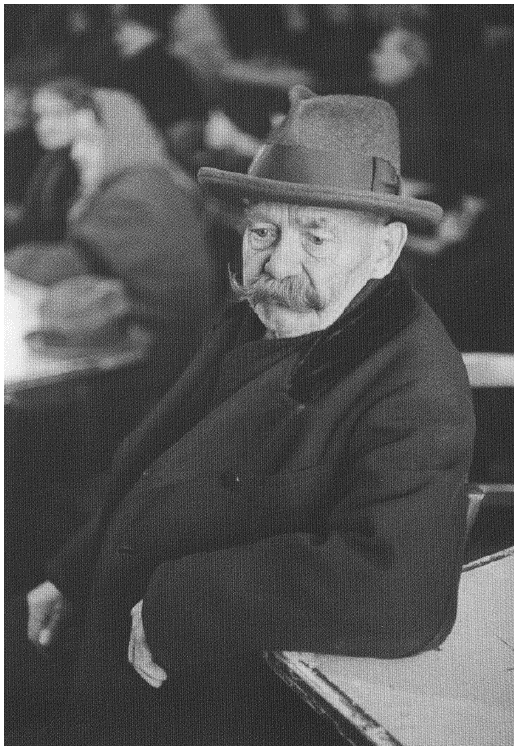The Evening
Brian Morton
(Harcourt)

Many years ago, four were published, but now, all are out-of-print. There in his apartment on 97th Street he still works on his latest: he uses a typewriter, not a computer; he dresses in jacket and tie for his session; he has little time for his friends; he spends hours writing or staring at the typewriter or doing the little things (shaving, washing the dishes, opening a bottle of seltzer, preparing his spartan lunch or supper). If he were more of a Lear, he would be less tragic ... and, probably, less dear for the reader.
Now comes Heather Wolfe, twenty-three. His first two novels were very important to her. She is going to do her thesis on him. She intrudes in his life; he (almost) falls for her. His daughter Ariel can't stand this Brown University hustler.
Starting Out in the Evening is the story of the coming together of Schiller and Heather. And of his thirty-nine year old daughter, the not-so-beautiful, almost dowdy Ariel. It is thus a novel of generations.
It is also good. There are, I suspect, very few novels about an old, infirm, out-of-fashion writer, that can involve us so. Morton does it by getting us to love this cantankerous, Manhattan Jewish, intellectual, not-too-loveable, proud widower. He is a man who is not pretty, not funny, certainly not too wise; a man who has the temerity to believe that the "primary human need --- stronger than the need for food or sex or love --- is the need for recognition, the need to make a mark on the world."
Schiller at once represents something even more basic than this, and something more brave: the need to age with dignity, the need to continue (after two heart-attacks and a stroke) to get the words down on paper, daily struggling there in front of his old Royal, a tired old man, in his jacket and tie.
This is very much a novel of Manhattan intellectual life. The words and writings of others flow constantly: Kant, Whitman, Thoreau, Yeats, Noam Chomsky, Joseph Conrad, D. H. Lawrence, Sherwood Anderson, Ralph Ellison, Dissent, The Monthly Review, The Nation, The New Yorker, The Village Voice, and, of course, The New York Times Book Review. Indeed, one of Schiller's great life disappointments was that he met Edmund Wilson, somehow became convinced that Wilson was going to write about him for the NYTBR, make him famous, a latter-day Faulkner, or Hemingway. He waited and waited (and waited some more) ... and then Wilson died. So Heather's arrival at his apartment is the closest he could hope for, respect finally coming to him in his old age.
One of my teachers in a long-ago English Master's program at Berkeley claimed that every novel has a watershed, a breakpoint, when all tilts and changes. If that is indeed true, the watershed in this one is when Schiller sits down to read the completed thesis about him, finds himself being demoted. "Heather's manuscript was certainly intelligent. She offered a clear interpretation of his work and vigorously argued her case."
- But the writing was not always as lucid or direct as it might be. It could use some help.
"Despite the lateness of the hour, he started to go through it again, slowly, with his pen in hand."
Brian Morton writes knowingly about old writers, and young wanna-bes, and middle-aged wash-outs, and New York intellectual life. His take on gefilte fish touches Ariel (as it touched this writer): "One of those Jewish specialties that had always baffled her. What was gefilte fish?"
- Soft spongy slimy loaves of beige matter fixed in gelatin. Was it really even fish? No one knew.
But also for this reviewer (I'm perhaps being a touch vain) Morton's need to show the ugliness of age is more than off-putting. Schiller apartment has a "heavy, sour" smell. We are told that he "became a man who had outlived his body. His body was bloated and purple-veined and his legs didn't look quite like legs anymore but like rotted logs, with inexplicable protrusions,"
- after he lost weight everything turned to flab and he somehow looked fatter than he'd looked when he was fatter.
If that isn't enough, towards the end, as he is walking with Ariel's boy-friend in upper Manhattan, he craps in his pants, has to be cleaned up in a not-so-friendly neighborhood bar. It is as if Morton wants us to love his cantankerous, sometimes foolish, certainly stricken old writer ... but wants to make sure we don't love him too much.